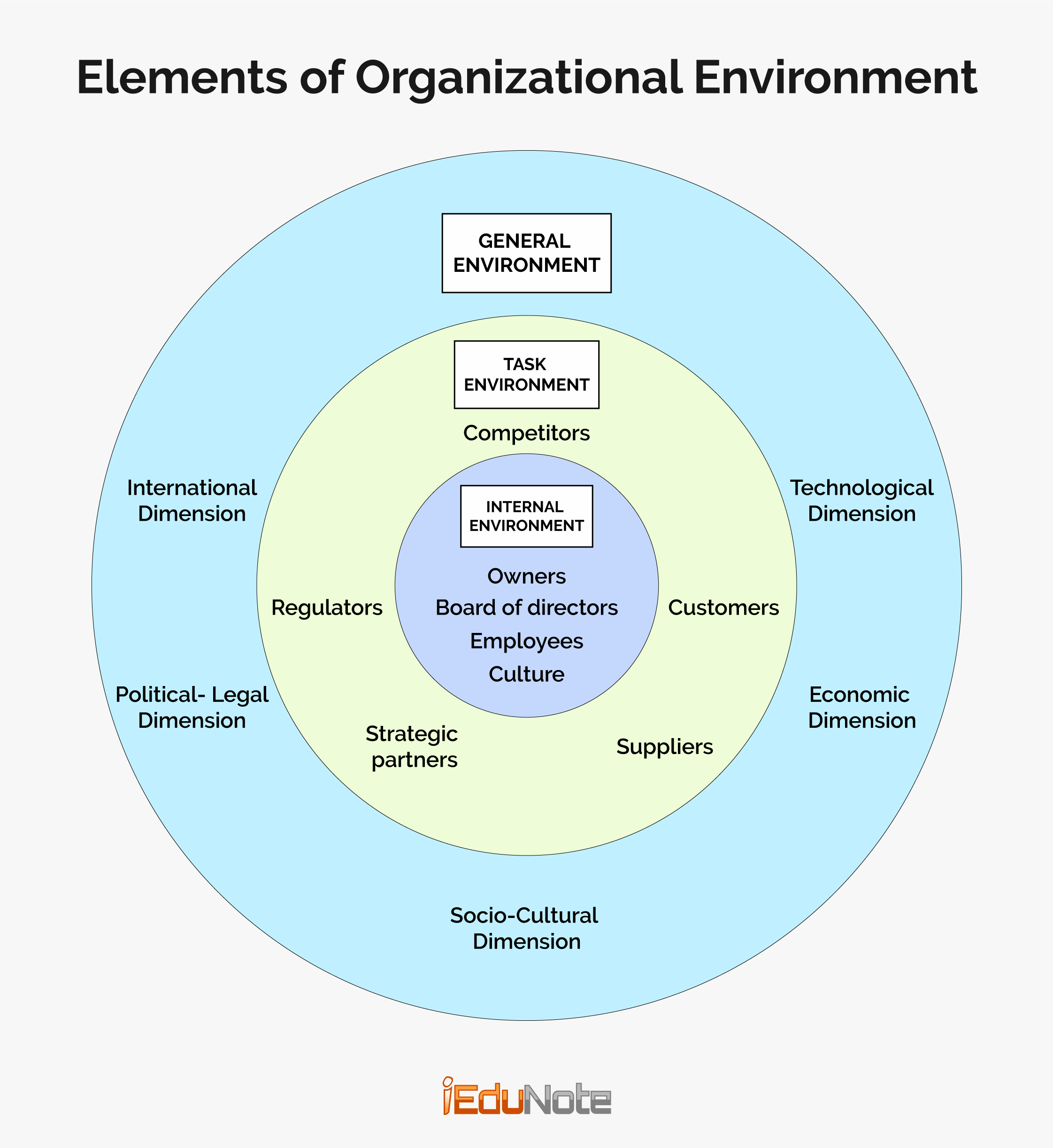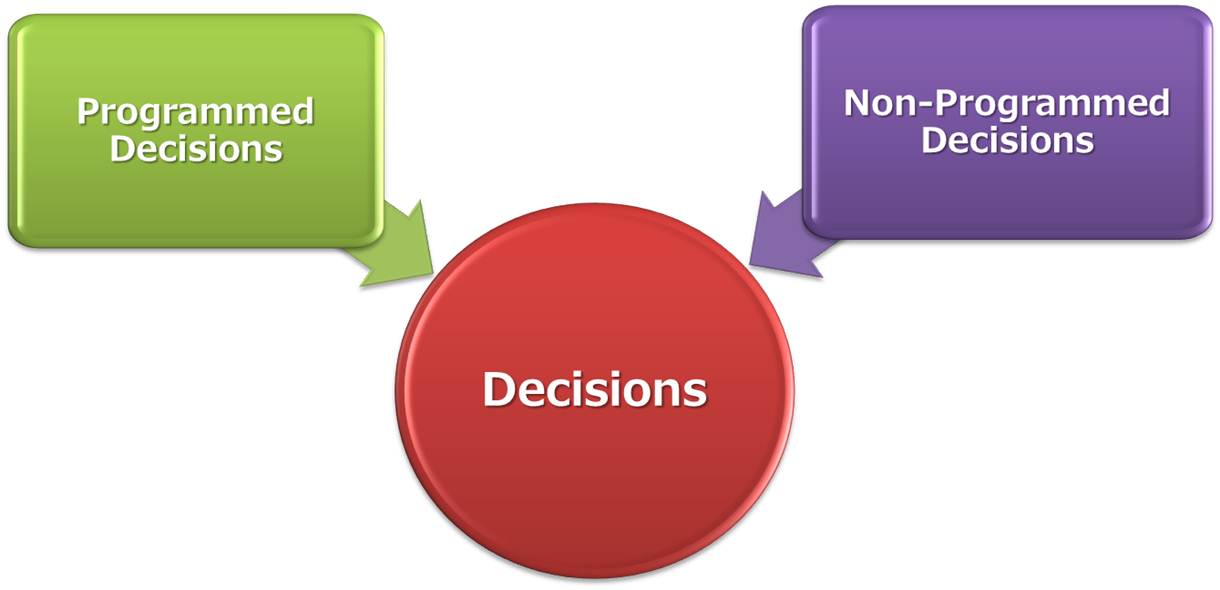Experience, experimentation, and research and analysis are the three common tools or approaches for choosing the best alternative in decision making.
Experience
Experience is a great guide. Reliance on past experience, therefore, plays a comparatively big role in decision-making.
Experienced managers usually believe, often without realizing it, that the things they have successfully accomplished and the mistakes they have made provide almost a foolproof guide to the future.
This attitude is likely to grow with their increasing experience and ascendancy to the higher levels of the organization. Experience helps a great deal to develop the ability to exercise good judgment.
However, one should be wary of using past experience merely out of blind reverence for the old. As a guide for future action, it can be dangerous too.
Firstly, most people fail to recognize the underlying reasons for their mistakes or failures. Secondly, past experience may not at all be applicable to new problems which need new solutions.
However, if a person carefully analyses experience instead of blindly following it and find out the actual reasons for or causes of success or failure, the experience can be useful as a basis for decision-making.
Experimentation
Trying one of the alternatives and see how it goes is the usual way of choosing an alternative. This kind of experimentation is often used in scientific inquiry.
It is frequently suggested that this method should be used quite often in management.
Because only by trying various alternatives a manager can be sure about the best way, especially in view of the intangible factors involved in the decision process.
The experimental method is likely to be the most expensive of all methods, particularly where it involves a substantial amount of money and manpower.
Moreover, even after carrying out an experiment, doubts may remain about its certainty and real nature. Therefore, this should be used only after considering other alternatives.
Research and Analysis
One of the best techniques for selecting from among alternatives when major decisions are involved in research and analysis.
This approach means solving a problem by comprehending it at first.
It, therefore, involves a search for relationships among the more crucial variables, constraints, and premises that bear upon the goal sought.
It is the pen-and-paper approach to decision-making.
The solution to a planning problem and making a decision about it involves dissecting the problem into its component parts and studying their various quantitative and qualitative aspects.
Compared with experimentation, study and analysis are likely to be far cheaper. Study and analysis may require time and volumes of paper but usually, they cost much less than trying various alternatives.

